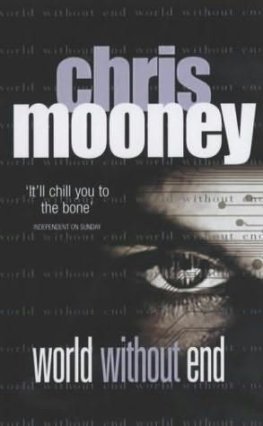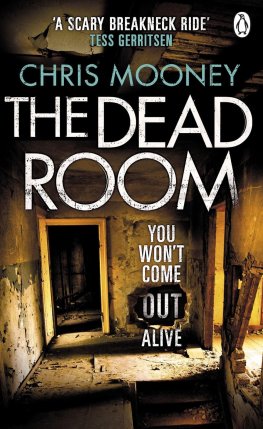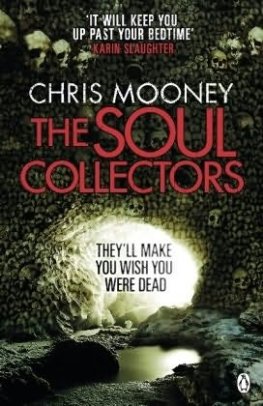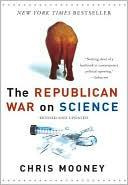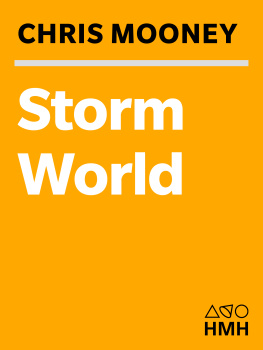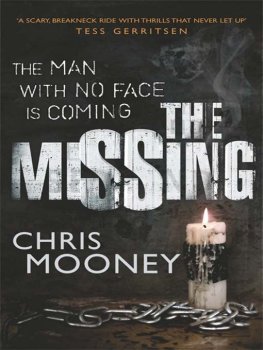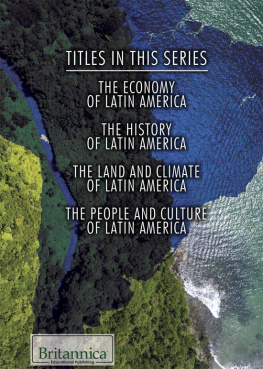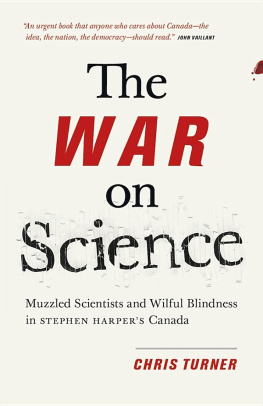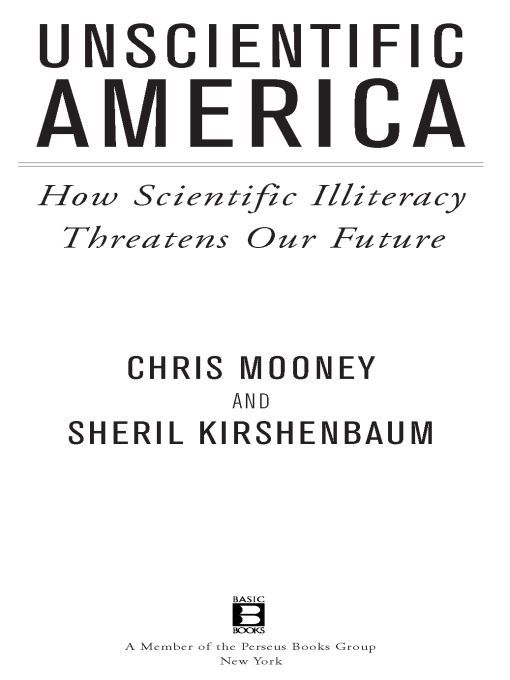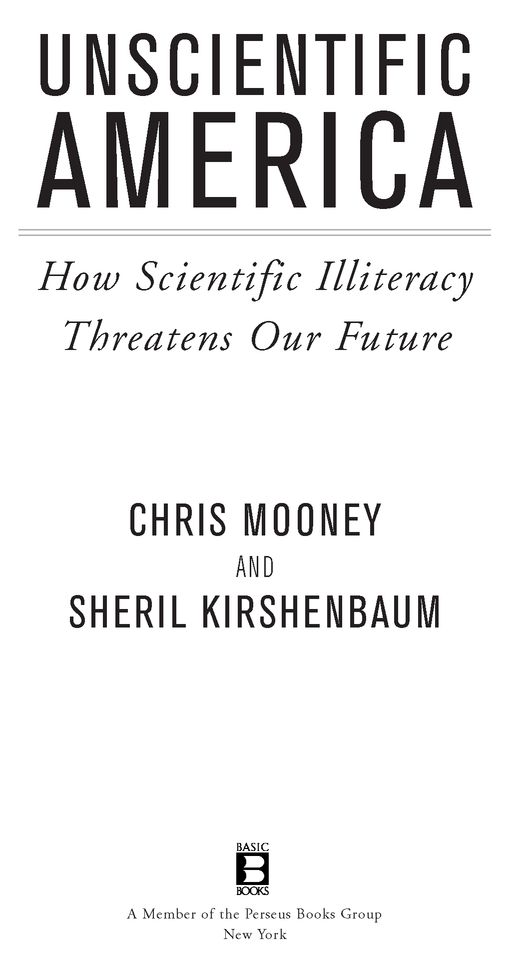Table of Contents
Of course were intimidated by science! Science holds
itself above everybody elseabove God, evidently.
You guys have been kicking ass since the Enlightenment.
STEPHEN COLBERT
Instead of being derided as geeks or nerds, scientists should be seen as courageous realists and the last great heroic explorers of the unknown. They should get more money, more publicity, better clothes, more sex and free rehab when the fame goes to their heads.
MATTHEW CHAPMAN,
screenwriter and cofounder, Science Debate 2008
PREFACE TO THE PAPERBACK EDITION
Since the publication of this book in hardback, its central concernthe disturbing breakdown of relations between the world of American science and the U.S. publichas been confirmed by new data as well as by more recent events. In fact, shortly after the release of
Unscientific America in July 2009, the Pew Organization revealed the following polling results, which strikingly demonstrate the vast gulf between American scientists and everybody else:
Compared with a decade ago, far fewer Americans today describe scientific advances as among the nations most important achievements: 27 percent in 2009 versus 47 percent in May 1999. Furthermore, fewer name the moon landing and space exploration as our most important achievements.
A gigantic gap exists between scientists and the public on climate change: 84 percent of U.S. scientists think humans are warming the planet by burning fossil fuels versus 49 percent of the public.
Similar gaps separate scientists from the public on the necessity of vaccination and many other topics. On embryonic stem cell research, 93 percent of scientists support federal research funding versus 58 percent of the public.
And thats just a small sampling of the evidence underscoring the ongoing science-society divide. In early 2010, as we prepared this new preface for the paperback edition of Unscientific America, the National Science Board of the National Science Foundation released the latest installment of its Science and Engineering Indicators, another key repository of data on the relationship between scientists and the public. While not all the news was bad, the image of an America little informed about science, and little engaged with it, once again shone through.
For instance, just 13 percent of the public now claims to follow science and technology news very closely, and this number has been on a downward trend for the past decade, ending with the current low. Perhaps even more troubling, the vast majority of citizens have scant familiarity with key emerging scientific fields that will dramatically shape the future, such as nano- and biotechnology. (One can probably assume they know even less about subjects such as geoengineering or synthetic biology, which are on the cusp of scientific reality but scarcely on the cultural radar.)
It is in this context that Unscientific America called upon scientists and their supporters to dramatically intensify their attempts to communicate with the adrift public. The justification for such an outreach campaign is not merely to make average Americans more aware of and focused on science. As recent events have demonstrated, scientists must also take such steps in order to protect themselves from political attacks that seek to smear the reputation of scienceattacks that go over all too easily with a public that is little engaged to begin with and poorly equipped to judge between valid accusations and spurious ones.
Perhaps the most dramatic such anti-science attack occurred in late 2009, with the event that came to be known as Climategate. That November, a large trove of e-mails and documents were stolen from the Climatic Research Unit at Britains University of East Anglia and released onto the Web. The e-mails showed a group of prominent climate scientists chattering unguardedly amongst themselves, expressing deep disdain for many climate skeptics, discussing how to counter their repeated attempts to get questionable work published in scientific journals, and worrying about how to answer repeated Freedom of Information requestswhich are often employed as a strategic attempt to undermine climate research by obtaining the raw data that serves as its basis and then trying to poke holes or selectively reanalyze it.
In the ensuing scandal after the e-mails became public, top climate scientists were accused of withholding information, suppressing dissent, manipulating data, and worse, particularly by right wing media and blogs. The controversy garnered dramatic press attention, especially on outlets like Fox News; and because Climategate occurred just before the critical United Nations climate conference in Copenhagen, Denmark, it knocked the whole event off rhythm in the media sphere. Moreover, it may have done lasting damage to the reputation of scientists in the United States. Shortly after Climategate, a Washington Post-ABC News poll found that 40 percent of Americans distrust what scientists say about the environment, a considerable increase from prior years.
The story of Climategate presents perhaps the best support yet for the central argument of this book. Scientists must become vastly more adept as communicators, and they must do so, in part, in order to prepare for times of crisis. For while the leaked climate e-mails did nothing to disprove the strong scientific consensus on global warming, the controversy took a dramatic public relations toll. And it highlights that in a world of blogs and partisan cable news media and talk radio, scientists are often poorly prepared to communicate their knowledge, and especially to respond when science comes under strategic attack.
Indeed, while some scientists answered the Climategate charges immediately, disarray dominated among others. As one centrally involved researcher, Michael Mann of Pennsylvania State University, put it in an interview with Chris for the Washington Post, I havent had all that many other scientists helping in the communications effort. Later, Mann also added of Climategate: If we come out of this with a more organized way of dealing with these attacks in the future, then it will have done some good.
We might say the same of this book. If reading it helps inspire young researchers, senior scientists, or scientific institutions to think anew about how to more effectively engage the U.S. public, it will have more than served its purpose. And to prepare scientists to better deal with assaults like Climategate, theres no substitute for university-level scientist training in communication and understanding the media. We have been fortunate to teach on this topic at scientific organizations like the Scripps Institution of Oceanography, and are very pleased that Unscientific America came out during a year in which several other books also addressed the importance of communicating about science: scientist-filmmaker Randy Olsons Dont Be Such a Scientist and New York Times science reporter Cornelia Deans Am I Making Myself Clear?
You can feel it in the air, especially among younger scientists: Increasingly, they are thinking about how to go beyond just doing researchabout how they can make a political and cultural difference. As we have given talks across the country, it seems we meet these young scientists in every location.



